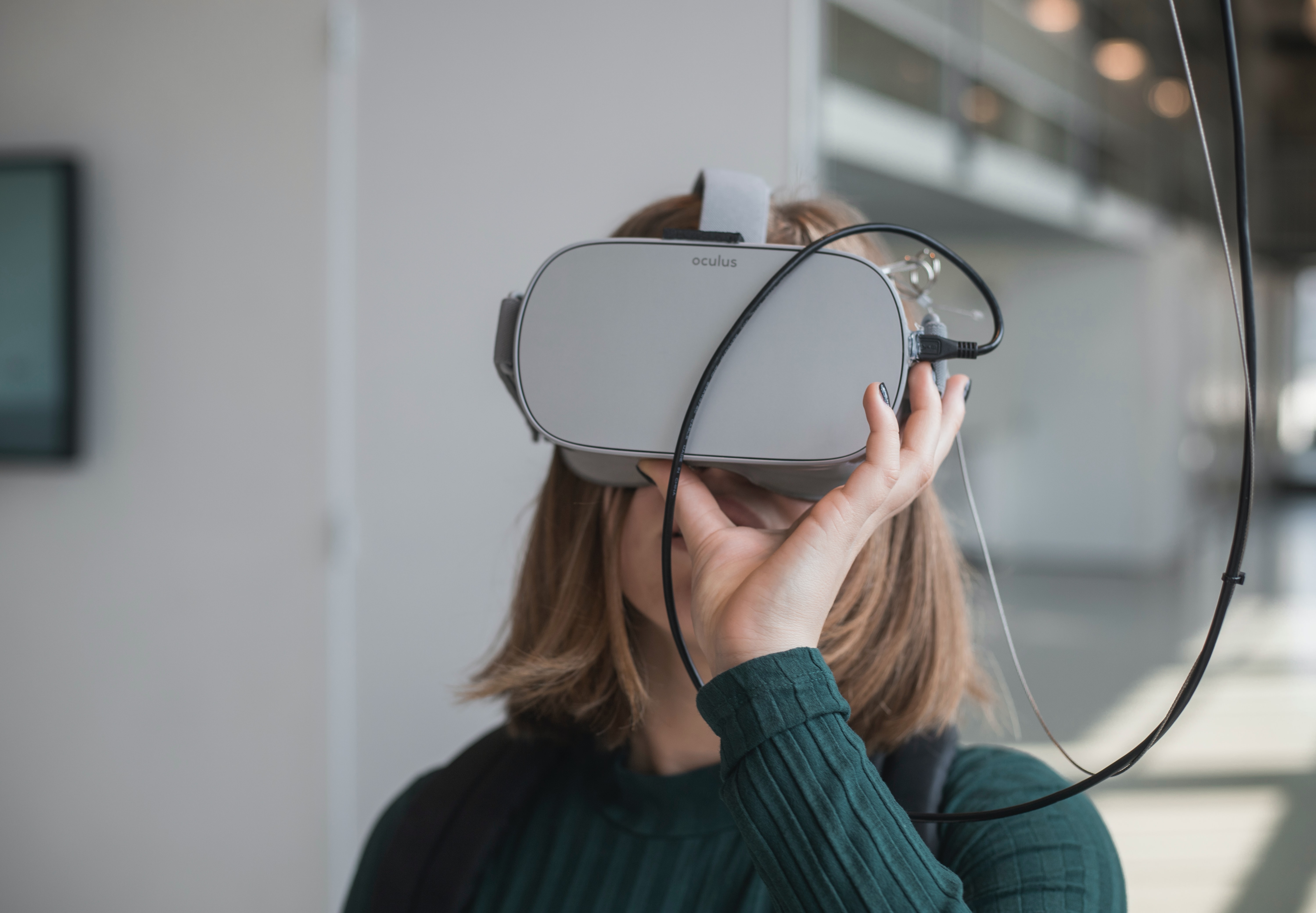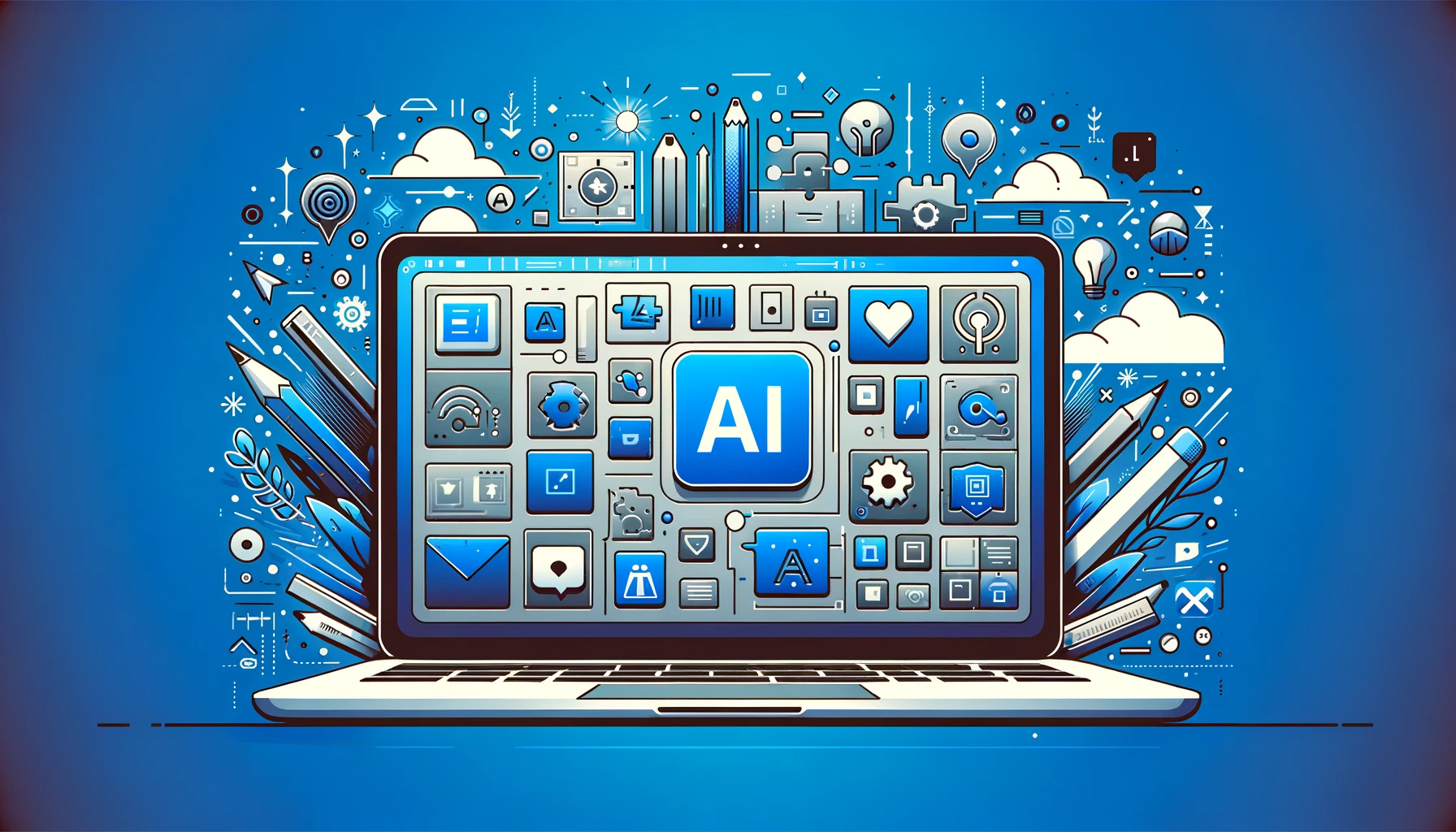
The Role of Artificial Intelligence in the Future of Education
What is AI?
Artificial intelligence is known as AI. Before you start to worry, modern AI is not the stuff of science fiction, and it has nothing to do with robots threatening to take over our work. AI often refers to machine intelligence and describes imitating human intelligence in computers or computer programs. You might be surprised to hear that you probably already employ AI daily. AI is also defined as the ability to do tasks digitally with the help of computers.
AI in Education
AI utilises computers and other devices to simulate human perception, decision-making, and other processes to carry out a task. In other words, AI refers to the process through which machines match complex patterns and learn as they do so. In the world of technology, many online academic services help students to enhance their learning abilities, like Scholarly Help.
Another crucial area that can support assessment is vision-based AI in the Future of Education. Several assessment teams have graded student work using optical technologies. For instance, a teacher can take a photo of a maths equation that a student typed, and a machine can grade it in place of the teacher. Finally, voice recognition-based AI systems are available. Experts have been investigating ways to use voice-based artificial intelligence to identify problems with reading and other academic skills because these systems form the basis of devices like Siri and Alexa. The application of AI in the Future of Education is currently extensive. For instance, several educational institutions are already working on it.
Artificial Intelligence in the Future of Education
There are various ways to describe AI and consider its potential applications in education, such as its usage to foster cooperation and provide instructors with a better understanding of what their students already know. The world is moving towards cutting-edge technology, and in this article, we will discuss Educators, Artificial Intelligence, and the Future of Learning, with a focus on three learning domains that AI products currently support or are expected to have an impact on in the next seven to ten years: it helps to design the assessment, learning environments, and teacher support.
Educational experts are currently using AI to transform learning by:
- Developing new types of tests to assist teachers in understanding where their students are
- Giving teachers knowledge about how a student or group of students are performing, for example, online assessment projects and group activities
- Making strong communication between students and teachers for a smooth learning process.
- Assisting instructors and students as they employ various strategies to address complicated issues (e.g., as teams, in whole class lessons, individual work)
Universal Learning
In addition to having diverse requirements and experiences, students also study at different levels. One classroom may contain students who speak various native languages or have disabilities or impairments that affect their learning.
By providing tools and software, like Presentation Translator, that can translate a presentation or course materials, AI helps close the communication gap between these students. This increases accessibility for learning for a larger group of students, including those with hearing or visual impairments.
AI in the Future of Education- Look Like?
Artificial intelligence in education will not disappear. It’s best to jump on board sooner rather than later because it will become more prevalent in classrooms and schools.
We can make certain assumptions based on how artificial intelligence is now employed, even though we can’t foresee precisely how it will develop in the field of education. As technology advances, AI’s current method will be adjusted and made more precise.
For instance, to better analyse data and provide students with a more individualised learning experience, the methods by which students study via AI apps will advance in sophistication and depth.
In addition to AI programs, virtual reality software and games will likely increase in schools. AI in virtual reality can give students hands-on experience, facilitating and enhancing learning. These technologies enable science investigations, creating a more secure and exciting learning environment for students.
AI will be engaged in schools to design smart classrooms and structures. The ability for AI-powered apps to remotely operate appliances like thermostats, alarms, and lights already exists. By implementing this technology, educational facilities can become more secure for students and more manageable for staff.
Pros and Cons of AI in the Future of Education
Pros:
Here are some positive aspects of Artificial Intelligence in education:
- AI can grade essays and papers far more quickly than humans.
- This will allow teachers more time to help students to develop their critical analysis and thinking abilities.
- AI would provide teachers the time to concentrate on specific pupils who might profit from their direction.
- AI may support both students and teachers. Insights into student learning preferences and practical feedback require more practice with particular subjects.
- AI doesn’t get tired, has no mood swings, and only exists to support learning.
Cons:
Here are some negative aspects of Artificial Intelligence in education:
- One drawback of AI in education is that it might not always be effective as a teaching tool.
- Artificial intelligence is emotionless during the lecture, when students have a query or when the AI doesn’t respond to them.
- Adaptive learning, in which the pace of education is adjusted based on how each student performs, can also be offered to students using artificial intelligence. On the other hand, some individuals worry about the effects of AI in a world where human connection is falling.
Final verdict
There is nothing to be concerned about when using AI in education. Actually, it’s a good thing. Artificial intelligence (AI) is a highly developed technology that may be utilised to make learning more interactive and accessible for students and instructors of all levels. With these new technologies, students have the freedom to take control of their education and pursue more individualised learning whenever they choose. Now in the education system, believers’ individualised learning can be done at a student’s convenience. That’s why the IA learning method is entirely based on remote learning, where students can get personal space and earn a degree while studying at their own pace.



